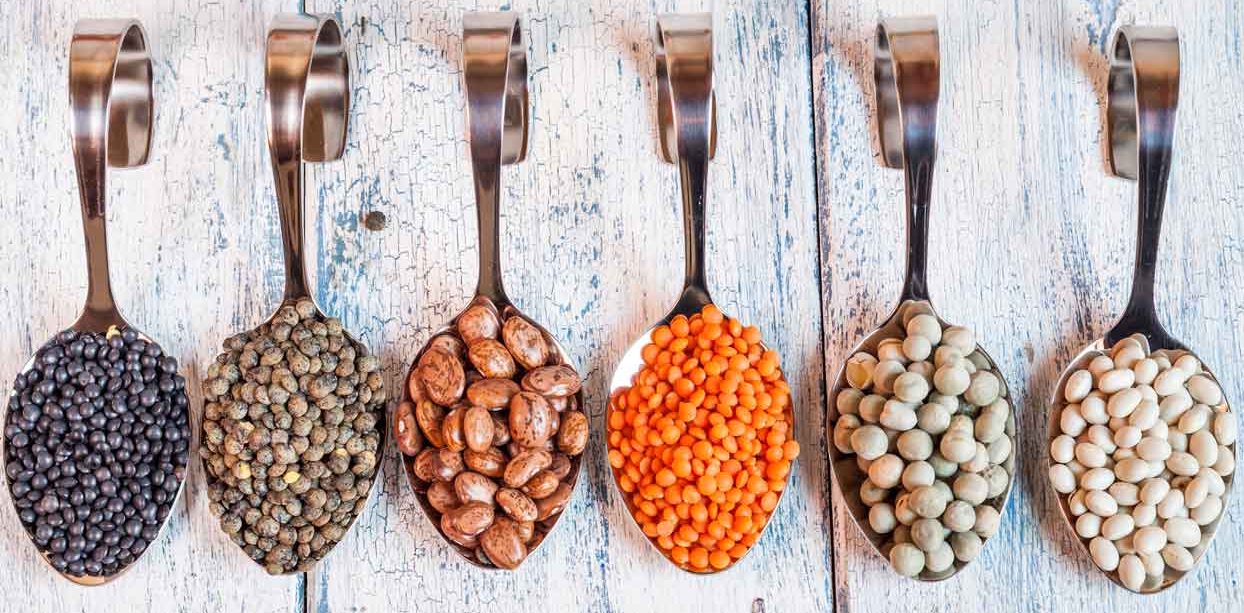Foods That Lower Blood Pressure

Foods that lower blood pressure include those low in sodium and rich in potassium, calcium, and magnesium. You can even eat chocolate. Here's what you should know.
Any diet that includes chocolate, olive oil, pistachios, and low-fat Greek yogurt is an easy one to follow. Those are just a few of the foods that lower high blood pressure and help with kidney failure, peripheral vascular disease, and other ailments.
YOU MIGHT ALSO LIKE: How to Lower Your Blood Pressure
How to lower blood pressure
The trick is to eat heart-healthy foods in moderation and to avoid foods that are high in saturated fats and salt. Limiting alcohol and caffeine will also keep your blood pressure in the healthy range. A healthy blood pressure range is a top number less than 120 and a bottom number less than 80.
The National Institutes of Health devised the DASH (Dietary Approaches to Stop Hypertension) diet. The first step is lowering your salt intake. The American Heart Association recommends consuming fewer than 1,500 mg of sodium per day.
If you like salty foods, look for low-sodium versions of your favorite snacks and eat them in moderation. You can also substitute salt with:
- Fresh herbs
- Spices
- Lemon juice
- Infused oils
- Caramelized onions
- Garlic
If you love chocolate, you’re in luck. Dark chocolate is a food that has been linked to lowering blood pressure. According to one study, eating dark chocolate and cocoa products reduces high blood pressure because they are rich in flavanols, which widen blood vessels and ease blood flow.
Foods that lower blood pressure
- Low-fat dairy products. Zero- and low-fat are the words to look for when you purchase dairy products. Some studies have linked eating low-fat dairy products, such as yogurt and milk, to a reduced risk of high blood pressure. If you enjoy cheese, look for low-fat varieties and limit your intake. Scientists believe that peptides and other compounds found in low-fat dairy products help to lower blood pressure.
- Flaxseeds. You can add these tiny nutty-tasting seeds to salads, low-fat yogurts, and whole-grain breakfast cereals. Eating flaxseeds can lower your blood pressure because they contain alpha linolenic acid, lignans, peptides, and fiber, which are compounds that are good for you.
- Olive oil. One study found that olive oil can lower blood pressure and has other benefits, too. Olive oil can be good for you as part of a healthy and balance diet, and it has been shown to lower blood pressure.
- Beets. They’re sweet. You can roast, bake, or stir fry them. Add them to a salad or drink the juice. The nitrates found in beets can lower blood pressure.
- Pistachios. Sprinkle them on your salads or eat them as a snack. Look for pistachios that are lightly salted. It’s believed that pistachios can reduce the constriction of peripheral blood vessels, which lowers blood pressure.
- Fresh fruits and vegetables. They’re packed with vitamins, minerals, and fiber, which help in reducing hypertension. Some fruits and vegetables also contain potassium, can balance your sodium intake, also lowering your blood pressure.
- Salmon and other fatty fish. Fish is an excellent source of protein, is low in saturated fat, and contains omega-3 fatty acids, which have been shown to lower blood pressure.
- Whole grains. Eat whole grains to lower your blood pressure. They’re high in vitamins and fiber, which help cleanse your system. Whole grain cereals can make you feel full, meaning you’ll eat fewer calories.
- Beans. Beans are another great source of fiber, and they are high in potassium. If you buy canned beans, look for low- or no-sodium varieties. You can also purchase dried beans; make sure to soak them in water overnight before cooking.
If you are changing your diet, talk to your doctor for guidance and more heart healthy suggestions.
YOU MIGHT ALSO LIKE: Lower Your Blood Pressure with Lifestyle Changes
Updated:
December 12, 2023
Reviewed By:
Janet O'Dell, RN